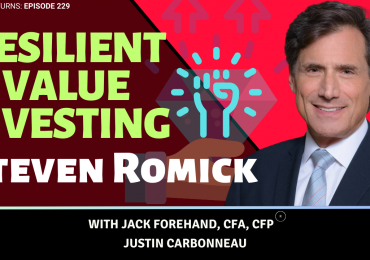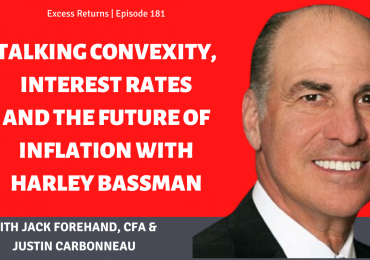In a recent letter to FPA clients, top fund manager Steven Romick says the Federal Reserve’s easy money policies are having and will likely continue to have troubling effects on the economy, and makes the case for the replacement of Fed Chairman Ben Bernanke.
In the letter (H/T to Sara Wolinsky for posting the the letter on Scribd, and to ValueWalk for highlighting it), Romick recounts a string of opinions Bernanke has offered in recent years that turned out to be way off-base, including comments he made in 2006 about home prices being likely to keep rising and comments he made in 2007 about the subprime crisis being unlikely to spill over into the financial system or broader economy. “A good education, deep experience, and a nice title don’t make you right,” Romick writes. “Our leaders in Washington seem to have recklessly accepted Fed decisions that threaten the delicate weave of economy and society.”
Lower interest rates haven’t driven consumer spending, and have hurt those living off interest income, Romick says. “And,” he adds, “we see bubbles beginning to form. Income hungry investors are buying bonds at the fastest pace in history, with little regard for either credit or interest rate risk.”
In addition, long-term consequences of the Fed’s policies are looming in the distance. “In a Faustian bargain, we have traded the longer-term, established economic benefits of capital investment for the hope that low rates will lift asset prices to the point that consumers increase spending,” Romick writes. “Necessary investments in infrastructure, education, and intellectual property do not offer the same near term ‘pop’ to the economy and reelection campaigns, as does the quick acting medication prescribed by our nation’s leaders. As a result, our national debt inexorably rises, and yet we have purchased little in the way of sustained economic growth.”
Romick says using the phrase “kicking the can down the road” in regard to the country’s debt problems isn’t accurate because it makes it seem as though policymakers will simply have to deal with the same can at some future point. Instead, he says, the problems are more like a snowball rolling downhill — the longer you wait to tackle them, the bigger the problems get. “We fear that staying the course will hasten the decline of the U.S. dollar as the world’s reserve currency; continue to foster policy decisions that are convenient and easy, rather than safe and sound; ultimately slow real economic growth; further increase income inequality and possibly create either high inflation or debilitating deflation,” he says.










Comments are closed.